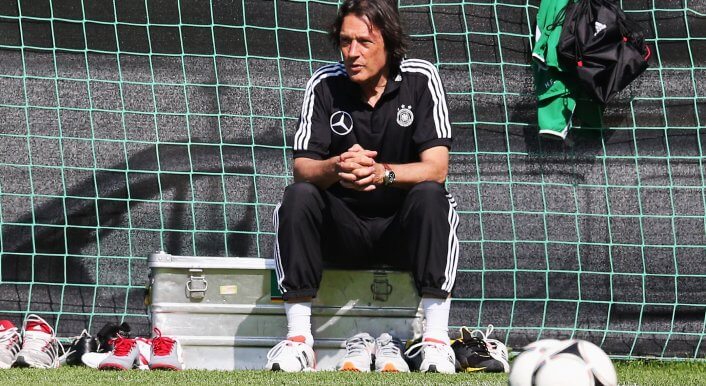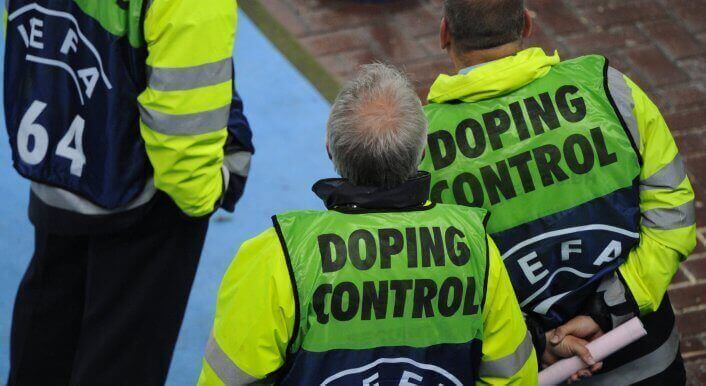Sepp Blatter on drug-fight: „We lag behind“
Sepp Blatter surprised with some rather critic statements on FIFA’s fight against doping. The president of football’s world governing body not only confirmed that the sport has a doping problem, but Blatter also says FIFA lags far behind in the fight against doping especially in detecting new drugs. In the case of Germany, Blatter claims the country needs to implement an anti-doping law in order to attack the issue of doping in football.

So far, Sepp Blatter never really appeared too keen to address the doping issue in football. However, what he said in a public talk in Zurich organised by German weekly DIE ZEIT might have surprised many of Blatter’s critics. Parts of the interview were published in the current issue of DIE ZEIT.
„We lag behind [in the fight against doping]“, Blatter says and also admits that a proper solution is far from being introduced. However, Blatter doesn’t address the inefficient testing system in football but pointed the finger at the world’s anti-doping agency WADA which from his point of view is too slow in becoming capable of detecting new drugs.
Last week, the chief medic oft he German national team, Tim Meyer, gave DIE ZEIT a couple of quotes concerning fussballdoping’s story about suspicious blood values of Bundesliga players. Meyer says it would be the best solution for Germany if the testing will be carried out by an independent organisation like the country’s anti-doping agency NADA. Blatter refuses to comment on that specific issue, but urges Germany to implement an anti-doping law. He believes that only with the law installed „NADA can really get going“.
You should believe that Sepp Blatter knows quite well when and where to drop certain comments as he is not a greenhorn when it comes to communication. However, in the case of Germany he is utterly wrong. It was only last week when NADA made a public call for topping up its budget. Otherwise NADA would have to cut its budget by another 20 per cent in 2014. So it is plain to see that it’s NADA that needs more money instead of Germany needing an anti-doping law. There is no doubt that tighter laws would increase the power of NADA concerning the cooperation with the authorities, but they will still have to rely on sports law not public law.
To sum it up, it is rather nice to see the issue of doping in football appear in DIE ZEIT in two consecutive weeks. However, the paper just focuses on interviews instead of own investigation. It would have been quite easy to double-check many of Blatter’s and Meyer’s quotes in a proper story. But we drag the positive things out of it anyway and clearly see that more and more media put their attention to doping in football.
translation: Thomas Bachmann



